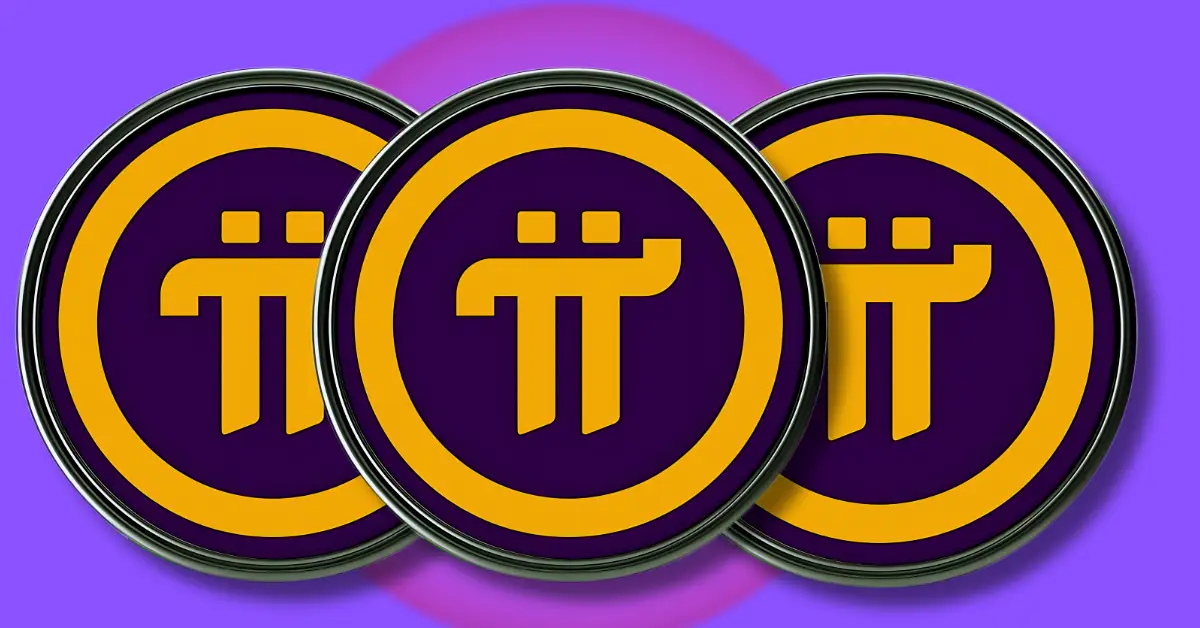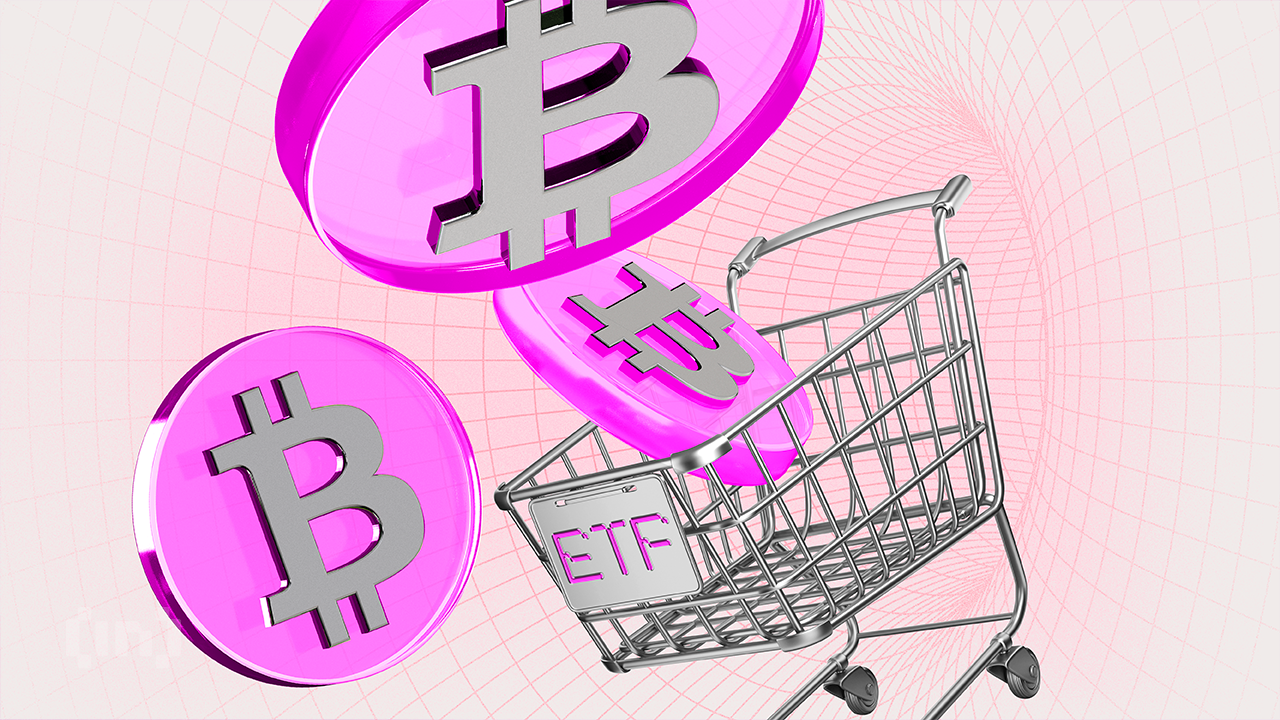Swedish MPs Propose Adding Bitcoin to National Reserves
In a move that mirrors the United States’ efforts to build a national crypto reserve from seized digital assets, two Swedish Members of Parliament (MPs) have proposed adding Bitcoin to the country’s reserves. The MPs, Per Andrin and Victor Sjöström, made the proposal in a recent report, arguing that Sweden should explore the possibilities of holding Bitcoin as a reserve asset.
Background: The US and Bitcoin as a Reserve Asset
The US Marshals Service, which manages the sale of seized assets, has been auctioning off Bitcoin since 2014. In 2021, the US government auctioned off around 6,200 Bitcoin, worth approximately $200 million at the time. The US Department of the Treasury has also reportedly been considering adding Bitcoin to its reserves.
The Swedish Proposal: Reasons and Implications
In their report, the Swedish MPs argue that holding Bitcoin as a reserve asset would give Sweden a competitive edge in the digital economy. They also believe it would be a wise investment, considering Bitcoin’s potential as a store of value and its increasing adoption by institutions.
Reactions and Potential Impact on Individuals
The proposal has sparked debates among Swedish politicians and the public. Some argue that holding Bitcoin as a reserve asset could lead to increased acceptance and legitimacy of cryptocurrencies. Others, however, express concerns about the volatility of Bitcoin’s price and the potential risks associated with holding digital assets.
- Individuals may see increased adoption and acceptance of Bitcoin and other cryptocurrencies.
- There could be new investment opportunities for those interested in cryptocurrencies.
- Some may worry about the potential risks and volatility of holding digital assets as a reserve.
Potential Impact on the World
If Sweden were to follow through with the proposal, it could set a precedent for other countries to consider adding Bitcoin or other cryptocurrencies to their reserves. This could lead to increased institutional adoption and further legitimization of cryptocurrencies as a viable asset class.
Conclusion
The proposal by two Swedish MPs to add Bitcoin to the country’s reserves is an intriguing development in the world of digital currencies. While the idea has sparked debates and concerns, it also highlights the growing recognition of Bitcoin’s potential as a store of value and a competitive edge in the digital economy. As more countries explore the possibilities of holding digital assets as reserves, we may witness a significant shift in the perception and adoption of cryptocurrencies on a global scale.
Regardless of the outcome, it is essential for individuals to stay informed about these developments and consider their personal investment strategies accordingly. As always, it is crucial to do thorough research and consult with financial advisors before making any investment decisions.





